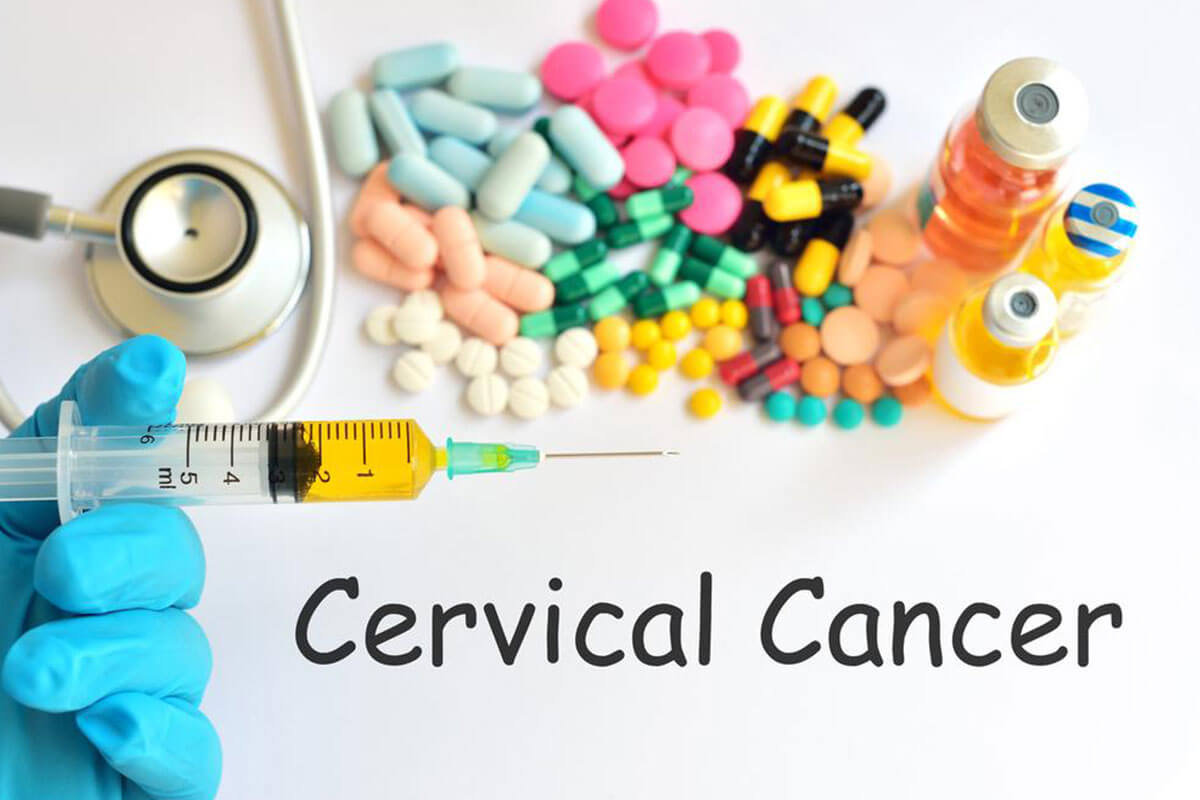
Tips
Milk Allergy in Toddlers – A Cause for Concern
Milk allergy in toddlers is one of the common ailments that affect children all over the world in some form or the other. Milk allergy in toddlers gets detected in the initial phase of life, particularly when the gastrointestinal tract is not fully developed. Cow’s milk has the maximum chances of attracting an allergic reaction while breast milk has the least. Generally, the child starts showing symptoms after 30 minutes of the consumption of a milk product. Common symptoms include rashes, upset stomach, diarrhea, and sometimes, blood in the stool. Also, milk allergy in toddlers may trigger the onset of a respiratory ailment such as cold, cough, breathing difficulty, and the like. If you happen to see any of these symptoms in your child, it is time you visit a doctor. It should be kept in mind that with time, certain symptoms may vanish while new ones may occur. A pediatrician can be consulted for effective treatment who will provide your kid with the right treatment. The doctor should be informed if a family history of such form of allergy already exists to take into consideration any genetic causes. A few precautions can also be taken to prevent the very onset of the allergy in the first place.













